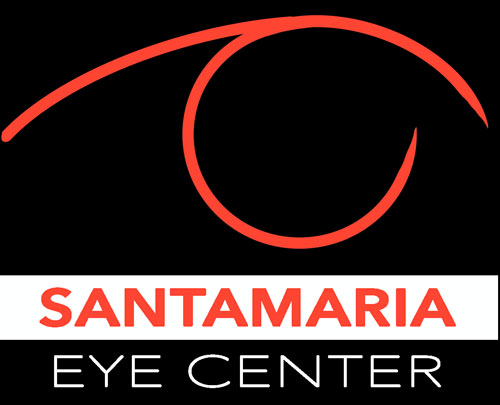07 Mar Retinitis Pigmentosa (RP)
Retinitis pigmentosa (RP) refers to a group of related diseases that tend to run in families and cause slow but progressive loss of vision. The retina is the tissue that lines the inside of the eye and sends visual images to the brain. In RP there is gradual destruction of some of the light sensing cells and clumping of pigment cells in the retina.
Symptoms:
Night blindness and loss of side vision are the most common symptoms of retinitis pigmentosa. The first symptoms usually start during young adulthood, although they may begin at any age.
People with normal vision adjust to the dark after a short peoid of time and are able to distinguish shapes. People with night blindness adjust to darkness very slowly or not at all. They often cannot function in the dark. Loss of side or peripheral vision makes mobility more difficult.
Heredity:
Most forms of RP are inherited, but in about 40% of cases no other family member is known to have RP. Learning more about the family history, or heredity, of people with RP may help predict how the disease will progress in the affected person. Variations can exist from person to person in the same family. The chance of having children or grandchildren who will also have RP varies from very unlikely to 50%, depending on the type of RP the parent has. Knowledge about heredity is helpful in making decisions about marriage, occupation, and whether to have children. Genetic counselors can help people with RP make these important decisions.
Usher’s syndrome, in which a person is both deaf and blind, can associated with RP. The incidence of Usher’s syndrome is difficult to determine, but surveys of patients suggest up to 10% of RP patients are deaf. The incidence of Usher’s syndrome is of 3 in 100 thousand. It is the most frequent cause of combined deaf-blindness in adults.
Treatment:
It has been reported that Vitamin A Palmitate can slow the progression of RP. Large doses of Vitamin A can be harmful to the body. Supplements of Vitamin E alone may make RP worse, but Vitamin E will not be harmful when taken with Vitamin A, or if consumed in the normal diet. The eye doctor may advise an RP about the safe dosages of vitamin A for RP.
Research is currently being directed toward finding the hereditary cause of many types of RP. As hereditary defects are discovered through research, it may be possible to develop treatment to prevent the progression of RP.

Sorry, the comment form is closed at this time.